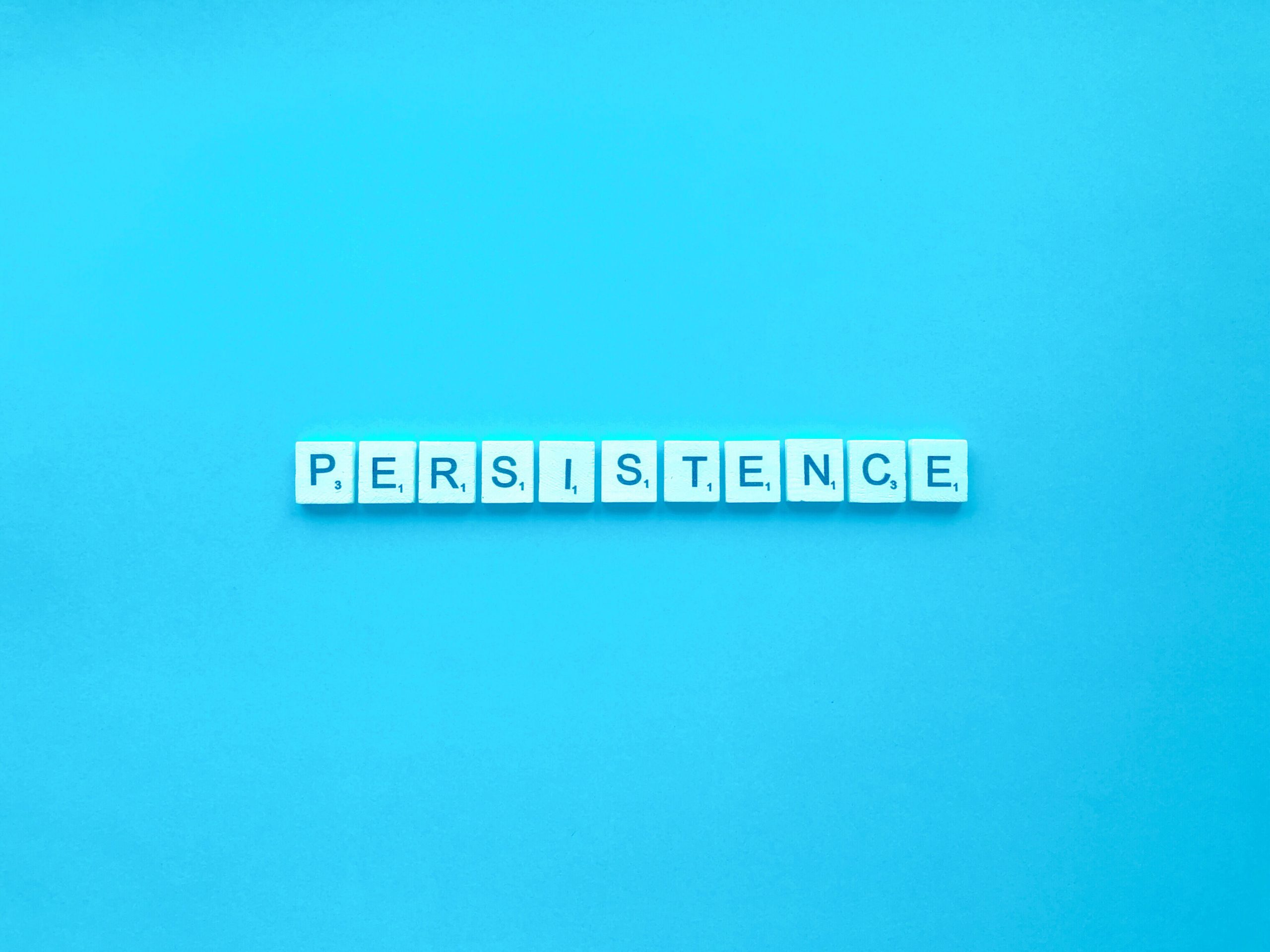Something happened to me this week that drove home to me how subjective the publishing industry is. I want to share it with you, writers, because I want to remind you that, when you know your work is ready, but it is rejected, it doesn’t mean it isn’t good enough. It often means nothing more than you haven’t found the right market or agent or publisher. The one who loves your story or you book enough to champion it.
My experience started about a year ago. I entered my book-length manuscript in Launch Pad’s 6th Annual Prose Writing Competition. The initial rounds of the competition were judged on the first 50 pages of the manuscript.
Then I entered the same manuscript in ScreenCraft’s 2023 Cinematic Book Competition. Again, the initial rounds of the competition were judged on the first 50 pages.
And then I entered a chapter from the book as a standalone story in ScreenCraft’s 2023 Cinematic Short Story Competition. The short story chapter was among the first 50 pages of the book manuscript that I entered in the book competitions.
Art is a subjective thing, and it should be a subjective thing. –Tim Crouch (British playwright, actor, and director)
Here’s what happened:
First, I got glowing, encouraging feedback on my first 50 pages of my book manuscript from Launch Pad. I ended up winning that contest in December 2022.
Next, I got far-less-than-glowing feedback on the same 50 pages (which included the short story) from ScreenCraft. I did not even make it to the quarterfinals–I was out the first round.
Finally, I got lovely feedback from ScreenCraft on the same short story that was in the first 50 pages of the book they didn’t like. They loved the story on its own, though, and I ended up winning the short story contest.
How can this happen? How can one contest like my book and one contest dislike it? How can the same organization dislike my story in one contest but love it in another?
It can happen for a lot of reasons, but the biggest reason is that different readers read those pages for each contest and decided which stories would move forward in the contest. Some of the readers liked my pages, and a couple of them loved my pages, but some of them didn’t like the pages or the way they were structured or whatever it might be about them. Some readers championed my pages, and some readers found other stories they liked better that they wanted to champion.
And that’s okay, right? That’s what makes human beings so cool–we all have different likes and dislikes. We are all unique and have lived different experiences that have shaped how certain things hit us on an emotional level … or don’t.
It’s all about people. It’s all about the subjectivity of what people love. –Joe Pantoliano (American character actor)
What this means when you’re trying to get a story published or querying agents is you have to be consistent with submitting and querying, and you have to be persistent, and you have to be patient. Your person is out there–you just haven’t found them yet.
I want to share a couple of things Catherine Ryan Hyde said–she wrote Pay it Forward and about 50 other novels and story collections. Pay it Forward became something of a phenomenon, and Hyde’s writing career took off. Shortly after, Hyde said something I’ll paraphrase (because it was about 25 years ago, and I can’t remember her exact words): “Before Pay it Forward was published, my short stories were rejected an average of 35 times before they were published. Since publishing Pay it Forward, my short stories are rejected an average of 35 times before they are published.” It doesn’t matter who you are–rejection is a big part of pursuing a writing career.
I once interviewed Catherine Ryan Hyde for The Coachella Review, and one of the many things she said that struck me was this: “People misunderstand rejection. They think it means the work is bad. Once you let go of that idea, you can stop asking yourself, ‘Is this story good or bad?’ and started asking, ‘What is the right readership for a story like this?’ That will do wonders for an author’s confidence.” Hyde shared with me that, once she knows a story is ready, she doesn’t revise it because of rejections. She understands that the story is fine as it is—it just hasn’t found it’s home yet.
I’ll also mention that my story that won the ScreenCraft contest hasn’t been published yet. It’s been rejected many times by many literary journals. I got encouraging feedback from some great journals, like Nimrod, New England Review, Ploughshares. But that specific story wasn’t right for their journal and/or they didn’t love it as much as they loved other stories they received.
I know my story will be published someday, and my book will be, too. I know it because I know I’m not going to give up trying. Don’t you give up either, writers. Your person is out there who is going to love your work enough to represent it or publish it.

